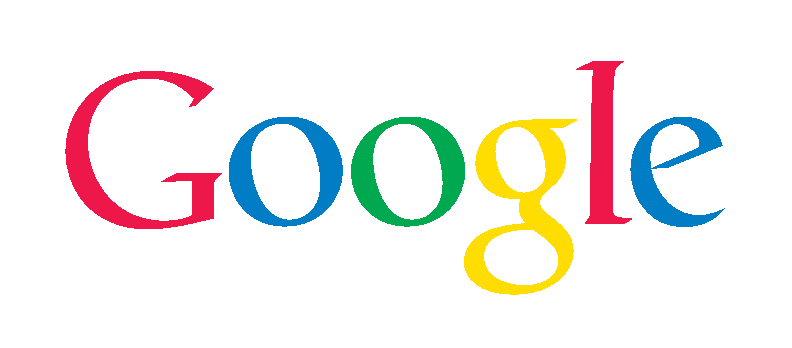Google it
 The term ‘Google it’ is now part of everyday language. If there is ever something you don’t know, the quickest, easiest, most cost-effective and often the best way to find the answer is to go to Google. While there are many other search engines that provide similar functions and similar results, Google was revolutionary as a search engine and as a business model.
The term ‘Google it’ is now part of everyday language. If there is ever something you don’t know, the quickest, easiest, most cost-effective and often the best way to find the answer is to go to Google. While there are many other search engines that provide similar functions and similar results, Google was revolutionary as a search engine and as a business model.
This article by Tim Harford, writing for BBC News, looks at the development of Google as a business and as a search engine. One of the reasons why Google is so effective for individuals and businesses is the speed with which information can be obtained. It is therefore used extensively to search key terms and this is one of the ways Google was able to raise advertising revenue. The business model developed to raise finance has therefore been a contributing factor to the decline in newspaper advertising revenue.
Google began the revolution in terms of search of engines and, while others do exist, Google is a classic example of a dominant firm and that raises certain problems. The article looks at many aspects of Google.
Just google it: The student project that changed the world BBC News, Tim Harford (27/03/17)
Questions
- Is Google a natural monopoly? What are the characteristics of a natural monopoly and how does this differ from a monopoly?
- Are there barriers to entry in the market in which Google operates?
- What are the key determinants of demand for Google from businesses and individuals?
- Why do companies want to advertise via Google? How might the reasons differ from advertising in newspapers?
- Why has there been a decline in advertising in newspapers? How do you think this has affected newspapers’ revenue and profits?